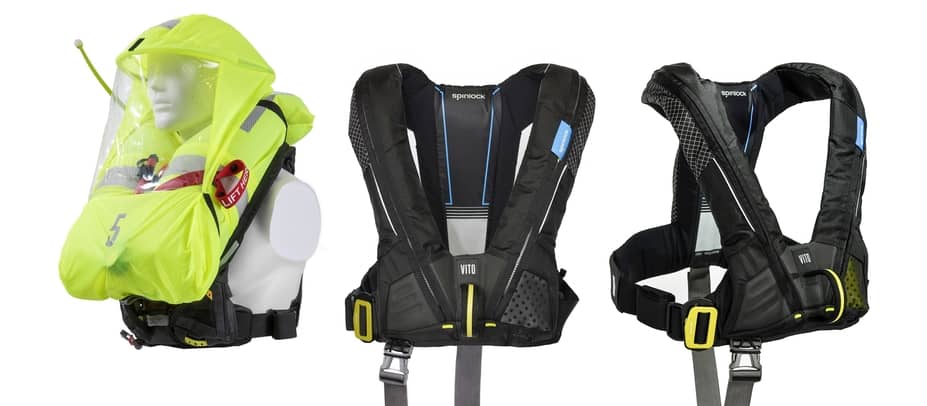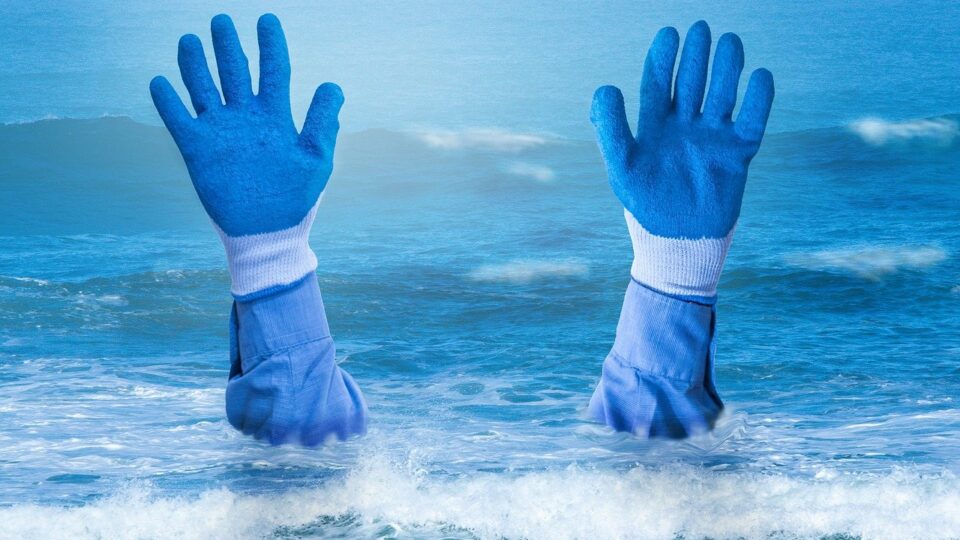Best Way to Minimize The Risk Of Drowning While Boating
Boating or Sailing is an activity that involves going out into a body of water either for the purpose of recreational activities or for traveling. There is a high tendency that accidents could happen while aboard a boat on any type of water body. Hence, you must follow certain guidelines while boating or sailing to prevent drowning or being at the risk of other hazardous situations.
Here Are Some Guidelines To Avoid Drowning While Boating
Safety First Comes First. Always!
Putting safety first is a rule that every person involved in boating should have at the back of their minds because it helps to reduce hazardous possibilities effectively. The right mental state is an essential factor for people paddling on water bodies. It enhances preparedness for unforeseen circumstances that can cause drowning. For instance, an alert person would notice when the water vessel (boat) he/she is riding on is slightly damaged and take early precautions to prevent drowning and other hazardous events from occurring. So, people that are new to the whole experience of boating should be thoroughly briefed on the importance of being alert and in the right mental state when going on a boating expedition. Additionally, a boat guide who is experienced with boating difficulties should be assigned, if possible, to people who are new to the whole boating experience.
Sensitivity to Weather Changes
Generally, the weather is an unpredictable phenomenon and can cause dangerous situations if a person going on a boating expedition isn’t sensitive to it. There’s the risk of the boat capsizing, falling overboard, and drowning. This can be avoided in most cases by checking up on weather updates on news platforms to see if the weather is favorable for a boating expedition or not. On days where it’s forecasted that the weather would be quite stormy and harsh, it’s advisable to avoid boating that day to be on the safe side and avoid all forms of unpredictable scenarios from occurring.
Also, it is also possible for weather forecasts to be inaccurate due to nature’s complexity. Factors such as lightning which can cause instant death, are not uncommon. In such situations, the boat rider has to be sensitive to even small changes in the weather in other to prevent accidents that would lead to drowning by taking precautionary measures.
Using Functional and Well-Maintained Life Jackets
Life jackets are fundamental to boating and are valid safety measures that can prevent drowning and help with other issues while boating. It is one of the most important pieces of equipment that must be considered while going on a boating expedition. It needs to be properly checked by a coast guard to prevent the boat riders from carrying faulty life jackets while going on a boating experience. What is a functional life jacket? Life jackets are designed to keep you afloat in water and prevent you from drowning.
A very useful feature of life jackets is that even while you are unconscious and you are wearing the life jackets, it automatically turns your body into a face-up position, keeping your mouth and nostrils clear of water to prevent the risk of drowning. A functional life jacket should be able to do this. That’s why it must be properly checked by a lifeguard to prevent situations involving faulty life jackets.

>>Also Read: Cruising Sailboat Equipment Essentials
Avoid Risky Locations
While approaching water bodies, especially dangerous areas, one must be careful with spots where the risk of boating is high in other to avoid drowning. In most situations, signboards that indicate the level of danger in certain areas are erected to prevent boaters that are new to the area from venturing into such spots. A careful boat rider should be able to decipher the meaning of these signboards and steer away from such directions. This is because apart from drowning, certain spots can cause brutal damage to the boat and cause damages that can lead to instant death. So, a boater going on a boating expedition needs to be sensitive about dangerous areas and avoid them to prevent drowning and other unforeseen circumstances from occurring.
Knowing How to Swim
The importance of knowing how to swim before going on a boating expedition cannot be overemphasized. By default, every person going on such an activity should know how to swim in other to prevent drowning. There are situations where a life jacket that helps with buoyancy in water malfunctions. In such situations, the knowledge of swimming becomes handy because it prevents a boat rider from drowning. It also helps when other fellow boat riders on the boat can’t swim because the person with the knowledge of swimming helps others to reach safety. Going on a boating expedition without knowing how to swim is like going to war without a shield. A risky endeavor that one must prevent.
Stay Sober
The statement “don’t drink and drive” also applies to boating experience as much as it applies to driving and automobiles because it reinforces alertness, as discussed earlier on. Alcohol and its effect can even be more dangerous as compared to consumption on land. This is because atmospheric conditions such as waves, the vibration and humming of the engine, and even the smell of the marine environment, in general, can worsen the already dangerous effects of alcohol which can lead to a severe state of drunkenness and drowning inevitably.
Issues like distortion of vision, impairment of balance, sluggish reactions, among other things which increases the risk of drowning, are likely to occur. So, it’s unsafe for a boat rider to consume alcohol while riding. The same rule applies to other riders on the boat who are not steering at the helm. This is because they also need to able to react when life-threatening situations occur.
Bringing Charged Communication Devices
There are instances where drowning might be inevitable due to turbulence of water and so many other factors. No one wants to be involved in such hazardous situations, and it is necessary to be prepared in such cases. A properly working communication device with a wide communication range should be on deck. Generally, a marine radio with a very high-frequency range is used to communicate with coast guards in threatening situations so they can assist with getting the boat riders to safety. Coast guard monitors very high-frequency radios 24 hours a day in order to receive distress calls, safety alerts, and emergency situations. So, a valid communication device with a very high-frequency range should be properly checked before embarking on a boating expedition.
Child Factor
While embarking on trips with children, extra precautions should be taken due to the inquisitive and adventurous nature of kids. Parents and guardians in charge of these kids should communicate certain vital information to the kids to prevent accidents and drowning. For instance, they should be properly taught how to swim, the importance of a life jacket and how to use it, staying in the safest part of the boat away from the edge to prevent falling, and other dangerous scenarios such as drowning from occurring. They should be given little responsibility and not major tasks such as rowing/paddling the boats in most cases. If perhaps they are given such responsibilities, they should be supervised carefully.
Avoid Unnecessary Distractions
While going on a boating expedition, complete concentration on the activity is necessary to prevent drowning. A moment’s distraction could lead to a boat smashing into a rock and capsizing, inevitably leading to drowning in most situations if one is not careful. Distractions from watching the kids for even a second could lead to dangerous situations. It can take just a few seconds for a child to disappear from view. So, it’s necessary for more than one adult to be on a boating expedition when children are involved.
In general, the best way to prevent drowning is to adhere to safety measures and guidelines involved with boating. Safety measures cannot be overemphasized because they are necessary to prevent drowning and other unfortunate circumstances from occurring.
